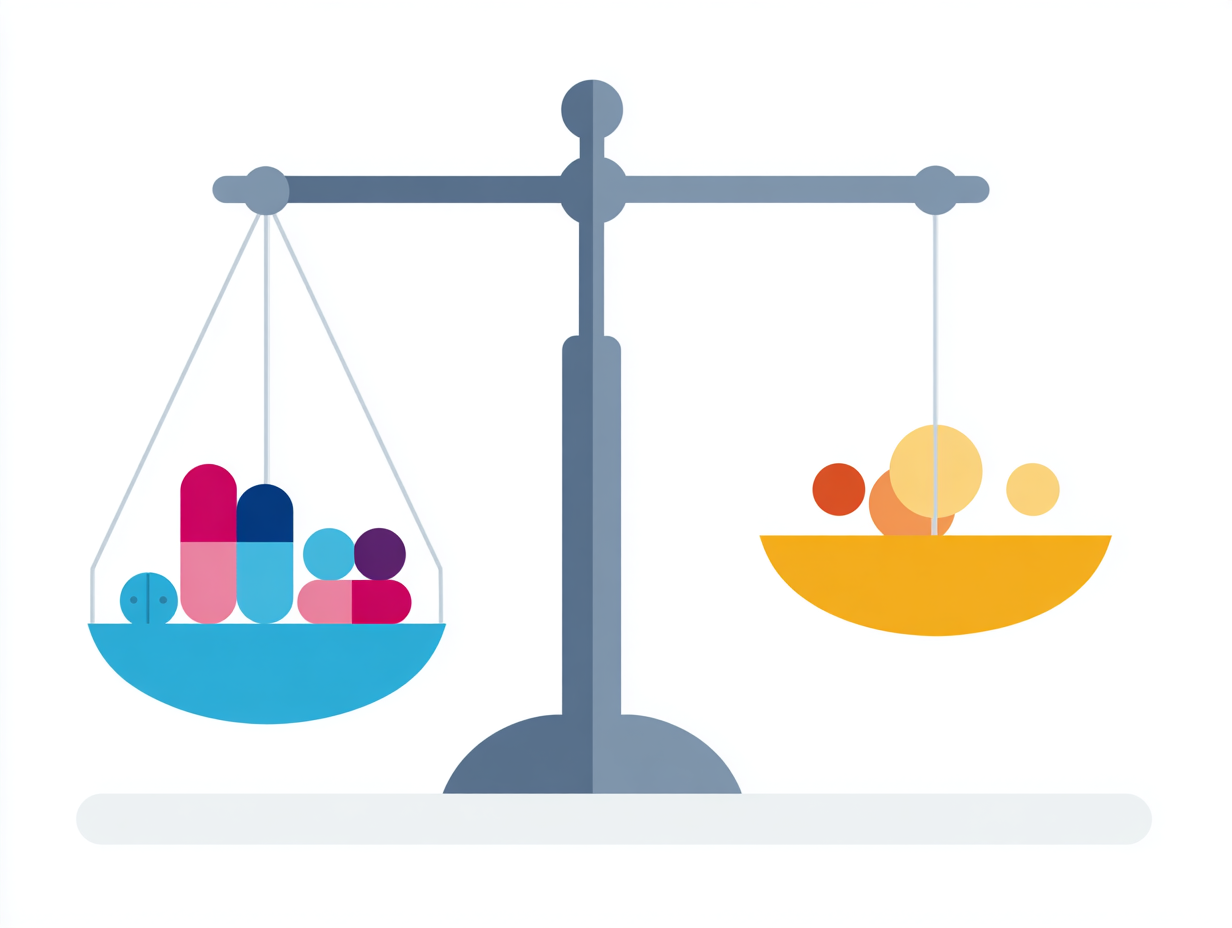Starting a new psychiatric medication can feel like a big step. Many people hope the very first prescription will be the “magic pill” that brings relief right away. But in reality, finding the right medication can sometimes take trial and error—and that’s completely normal.
1. Everyone’s Brain Chemistry is Unique
Psychiatric medications work by balancing brain chemicals like serotonin, dopamine, and norepinephrine. But everyone’s brain chemistry is slightly different. What works well for one person with depression or anxiety may not work the same way for someone else.
2. Medications Work in Different Ways
There are several types of medications—even within the same category. For example, SSRIs (like sertraline or fluoxetine) and SNRIs (like venlafaxine or duloxetine) both treat depression and anxiety, but they affect brain chemicals differently. Sometimes it takes trying another option to find the one that best matches your needs.
3. It Takes Time to See Results
Most psychiatric medications don’t work overnight. It can take 4–6 weeks to feel the full benefit. During this time, your provider monitors how your symptoms change and whether side effects are manageable. Sometimes the first trial simply doesn’t give enough relief, which leads to adjustments.
4. Side Effects Can Be a Factor
Even if a medication helps with mood, anxiety, or focus, side effects might outweigh the benefits. In these cases, switching to a different medication (or adjusting the dose) is often the best path forward.
5. Finding the Right Fit is Part of the Process
The journey of finding the right medication is not about failure—it’s about personalization. With your provider’s guidance, you’re narrowing down the options to discover the treatment that truly works for you.
Key Takeaway:
If the first medication doesn’t work, it doesn’t mean there’s no solution. It simply means your provider is still fine-tuning the approach to help you feel your best.



